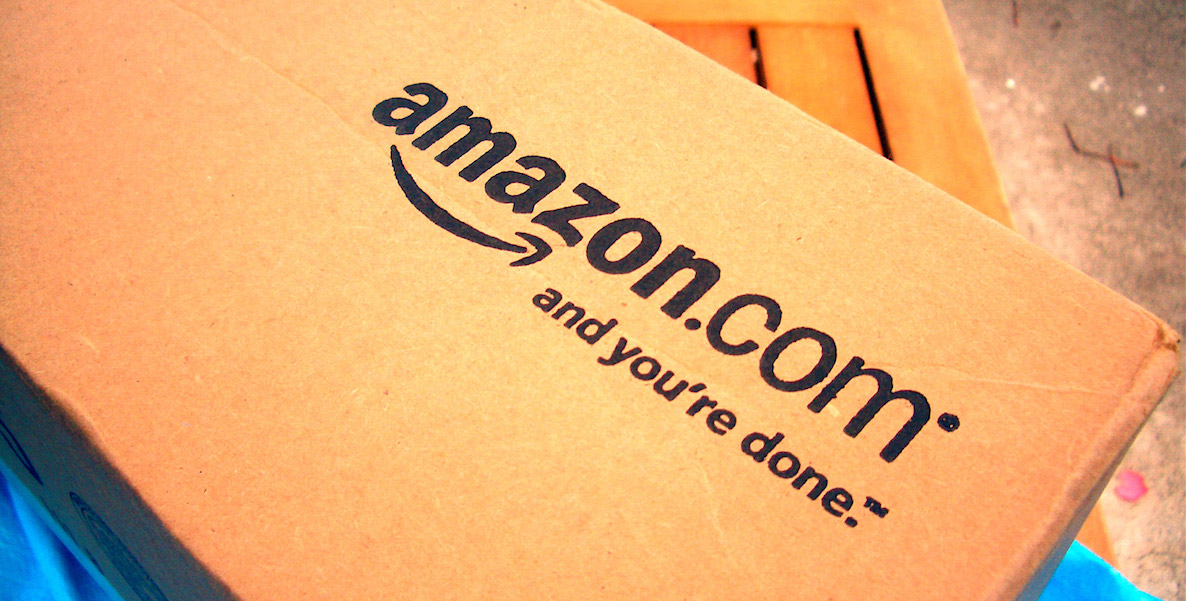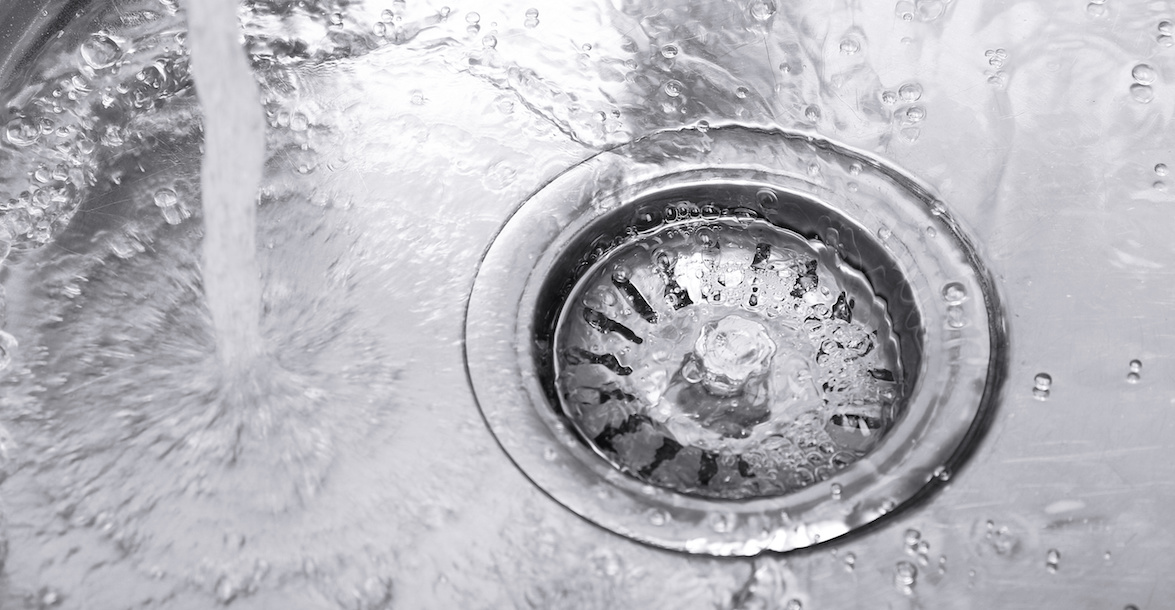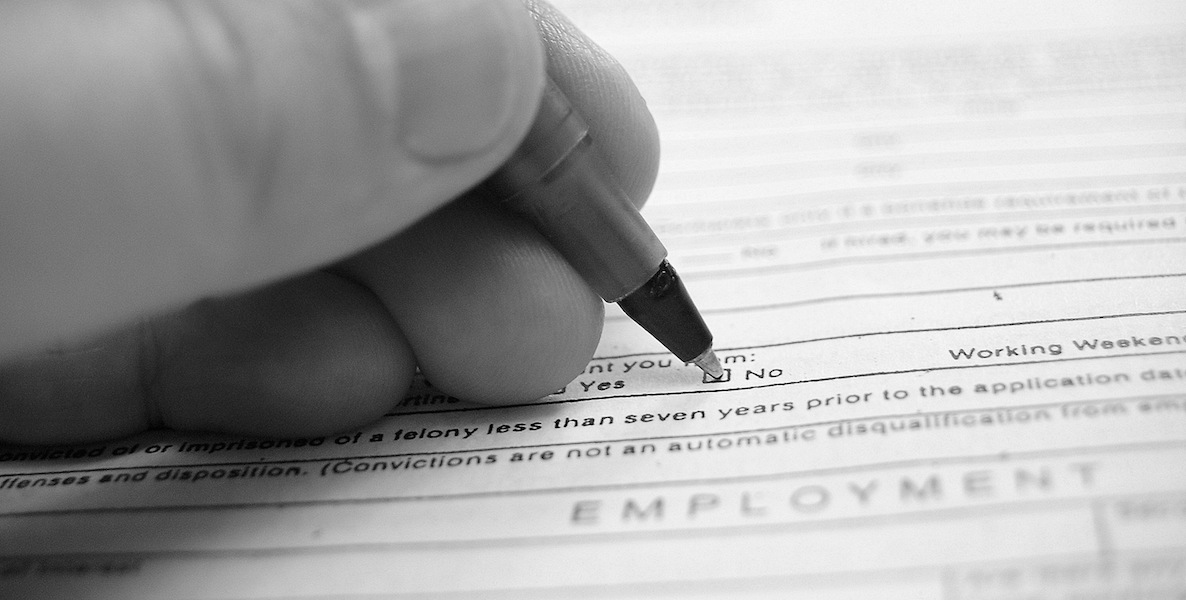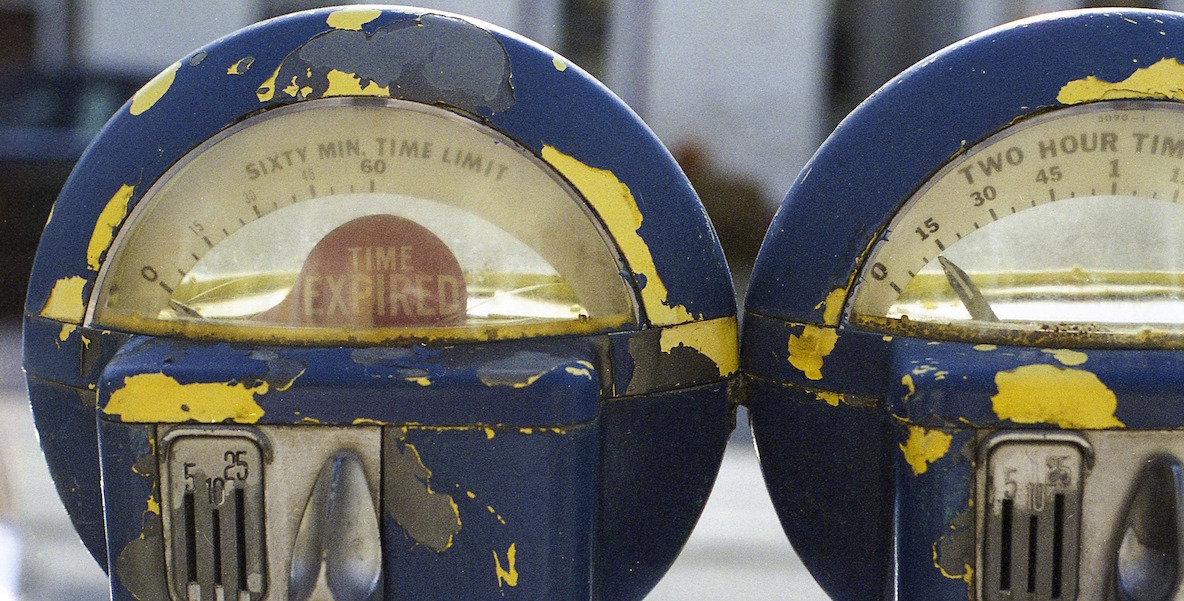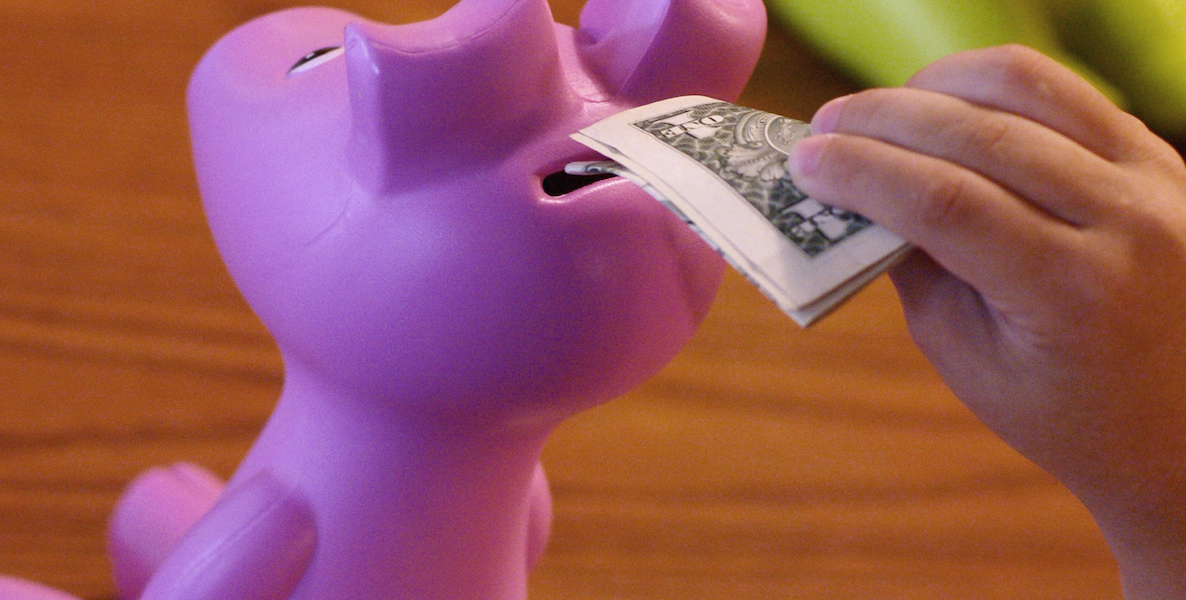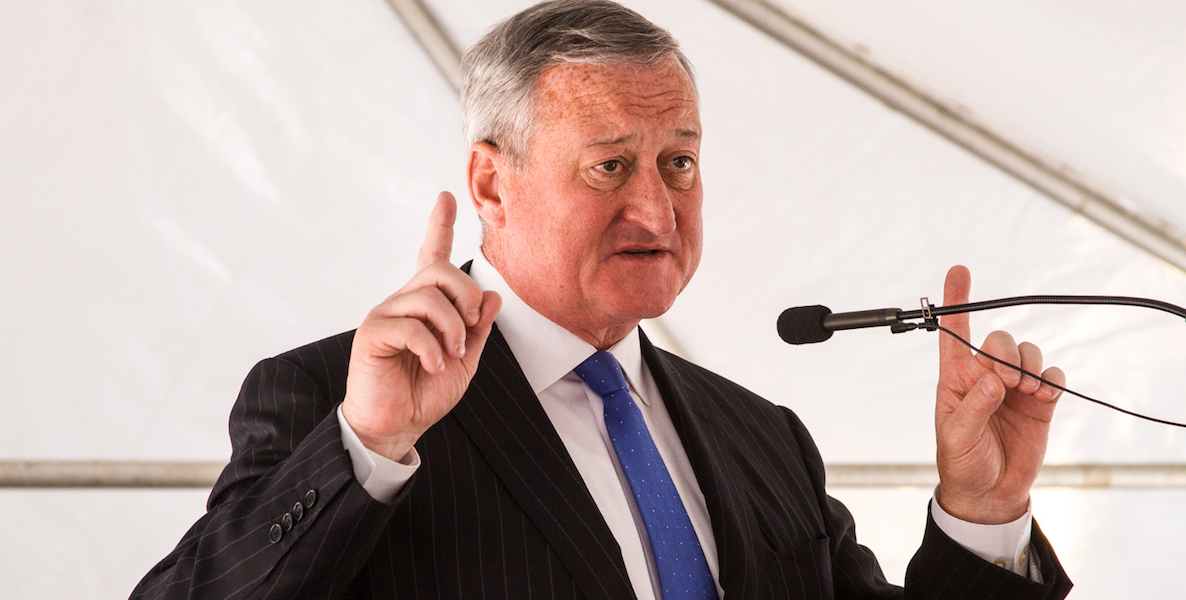It is becoming increasingly clear that Philadelphia will see another property tax increase in the near future.
At this stage, it’s merely a waiting game. Here’s a bit of cynical game theory on the situation, since there are no credible sources to corroborate: Both Mayor and City Council appear to simply accumulate days in which the initial outrage from activists, commentators and burdened citizens eventually subsides. Waiting out the noise from vocal residents who, driven by understandable frustration and a thin bank account, occasionally call in to radio stations like WURD to vent, city officials seem to have found some acceptable middle ground upon which to play.
The tax increase, for sure, won’t be Mayor Jim Kenney’s proposed 6 percent bump. But, make no mistake, there will be a bump and it’s looking more like 2 to 3 percentage points.
Predictably enough, the rage from city residents is troublingly muted. It’s not like City Council members are holding town hall forums exclusively devoted to the subject and it’s not like residents are shutting down anything the same way coordinated community groups in North Central Philly are resisting the Temple University football stadium. In some ways, observers could make the argument that static from the stadium issue has overshadowed anger over the proposed tax increase.
City politicos feel insulated enough from something called time. City elections are not until 2019. With limited drama and challengers expected (if any), both Mayor and City Council are under the confident impression they have plenty of time to pass a tax increase and weather any short-term burst of umbrage from residents. And since it won’t be the full-blown six percent, the expectation in City Hall is that two or three will be acceptable.
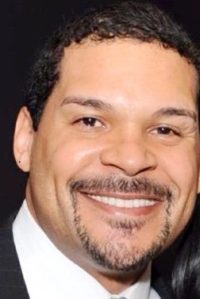
How do we know? The Mayor wouldn’t have felt comfortable raising the prospect of a property tax increase had he or his staff not quietly discussed it with Councilmembers first. Again, it’s game theory, but notice that the reaction from City Council is fairly pro-forma and on-the-same-page and “let’s just do what we have to do.”
And as the Mayor pushes for a property tax increase, it’s not like he’s dwelling on the six percent figure. While that’s happening, the number of City Council members publicly appearing to keep open minds to the possibility of a property tax increase is growing. Within the span of a week, three Councilmembers—Derek Greene, Allan Domb and Cherrelle Parker—appeared on Reality Check’s Lawmakers: Local Edition and would not offer an unequivocal “nay” to a property tax increase. Each admitted it wasn’t the most desired move to raise property taxes, but each offered that they were open to some form of compromise on the exact rate increase.
Greene offered raising the city’s Homestead Exemption to $40,000 as something of a public soothing balm. Domb offered a wide range of revenue-generating alternatives—from $400 million in uncollected property taxes to slicing the incarceration budget since criminal justice reforms would eventually decrease the jailed population—while matter-of-factly acknowledging that it’s highly likely we’ll see a negotiated two percent increase. Parker offered a general statement on the need to find revenue for schools since the “city was taking financial responsibility,” but wasn’t too keen on being backed into a voting corner. “I don’t think anyone knows what they’re voting for because there is nothing in front of us right now,” said Parker when asked.
Philly, like its Midwest cousin, continues robbing its poor blind because it fears no existential political threat from them. As long as voter turnout remains low in the poorest sections of the city, both Mayor and City Council can raise taxes all they want for as long as they want.
It’s become something of a routine on Reality Check that when Councilmembers are asked about a property tax increase—and this has been ongoing for several months—they are neutral on the issue. When posed with the question about property tax increases, city policymakers from the Mayor on down assert that, of course, they need all revenue options on the table since no one wants to leave Philly’s kids behind.
But with city residents so taxed as it is in the nation’s poorest big city, aren’t Philly youth and their families already suffering from an onslaught of taxes and a standard of living that continues to rise with property values?
Let’s put this into perspective. According to the Federal Reserve Bank of St. Louis, median household income has been steadily rising in Philadelphia, as we can see here, but so has the Consumer Price Index (the cost of things) since 2008. Median household income in Philly, according to the Census Bureau, is just below $40,000 and per capita income is hovering around $24,000.
Stories from Charles D. EllisonRead More
Which is stressful. So imagine putting more taxes on top of that, particularly the burden on low-income families that are barely making ends meet as it is?
Already throughout Pennsylvania, according to the Institute on Taxation and Economic Policy, those making less than $20,000 are paying a much greater share in taxes (at 12 percent) than those making more than $426,000 (at just 4.2 percent). City officials proposing to drive up property taxes as a way to finance new city largesse—such as the fledgling public school system—seems calculated to drive out less desirable low-income populations. There’s a hint of snobbery and classism in this move: “Who wants to deal with them?” Meanwhile, with the property tax abatement, they leave out lower income residents in favor of newer (whiter) residents and businesses.
Chicago’s Cook County was recently outed for a similar move, where it was found by a University of Chicago study that $2.2 billion in property assessments were shifted from wealthy homeowners to lower-income homes. Philly, like its Midwest cousin, continues robbing its poor blind because it fears no existential political threat from them. As long as voter turnout remains low in the poorest sections of the city, both Mayor and City Council can raise taxes all they want for as long as they want.
Until city policymakers figure out a way to aggressively or totally break Philly’s entrenched poverty, we shouldn’t be reading the words “increased property taxes” on any City Hall lips. And if that’s how it’s being played then the best solution for all impacted folks is to mark November 2019 on their calendars and exact a proportional amount of electoral revenge.
Continuing to raise taxes is the exact opposite of helping anyone, least of all Philly’s children. As Pew Charitable Trust shows, 32 percent of households below the poverty line contain children, with youth under 18 accounting for 32 percent of the impoverished population. From Grades K-9, the Philadelphia School District notes that 100 percent of students are “economically disadvantaged.”
The big, unanswered question remains: How does a property tax increase help that situation? It doesn’t.
As researchers Susana Claro, David Paunesku and Carol S. Dweck observe in a 2016 study, “it is well-known that economic disadvantage can depress students’ academic achievement through multiple mechanisms, including reduced access to educational resources, higher levels of stress, poorer nutrition, and reduced access to healthcare” (not factoring in changes in mindset). Adding more taxes, which is a siphoning of income from a family budget, can only aggravate that scenario.
Continue to Support Philly SchoolsDo Something
Instead, reversing the tax increase, at least in Philadelphia’s poorest neighborhoods, would be the more logical step. In the wake of Baltimore’s 2015 unrest, Slate.com’s Reihan Salam argued that Baltimore’s poorest communities could use a property tax decrease, suggesting rising taxes were one factor keeping residents poor. He cites Loyola economist Stephen J.K. Waters’ look at Boston in the early 20th century, in which then Mayor James Michael Curley imposed higher taxes on city residents as a way to “finance” loyal city government employees who bolstered his political base, all while driving resentful political competition in to the suburbs.
Decreasing taxes would not only place less stress on households, but you mitigate poverty variables which impose unnecessary stressors on students. Even Organization for Economic Cooperation and Development economists agree that heavy taxation only promotes poverty as opposed to breaking it: “The effects of taxation on income distribution needs to be seen in the context of the trade-offs between growth and equity.”
The Mayor’s proposed property tax increase, and any Council support for even a modest compromise, is counterintuitive and actually destroys their famous public reasoning. Until city policymakers figure out a way to aggressively or totally break Philly’s entrenched poverty, we shouldn’t be reading the words “increased property taxes” on any City Hall lips. And if that’s how it’s being played then the best solution for all impacted folks is to mark November 2019 on their calendars and exact a proportional amount of electoral revenge.
Charles D. Ellison is Executive Producer and Host of “Reality Check,” which airs Monday-Thursday, 4-7 p.m. on WURD Radio (96.1FM/900AM). Check out The Citizen’s weekly segment on his show every Tuesday at 6 p.m. Ellison is also Principal of B|E Strategy, the Washington Correspondent for The Philadelphia Tribune and Contributing Politics Editor to TheRoot.com. Catch him if you can @ellisonreport on Twitter.
Photo: all in green via Flickr (CC0)


